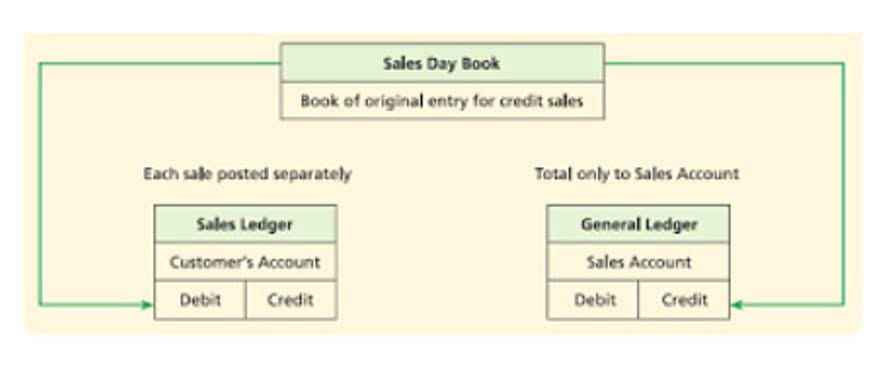Private Practice Accounting: Everything Therapists Need for Tax Season

Make tax payments on time, every time to avoid IRS penalties. Determine how much to pay yourself and set aside for taxes each month. The less time you spend wrangling finances, the more time you have to help your clients. If you sublet a furnished office, bookkeeping for therapists or you’ve moved your practice 100% online, you may feel an Equipment account is unnecessary. But anything you use in the course of running your business is equipment. That includes your computer, your phone, and furniture in your home office.
- As a small business if you are making under 6 figures and have everything organized- it shouldn’t cost more than $70 a month for someone to do your bookkeeping.
- As we mentioned, if you are a sole proprietor you can use the same bank account to handle both personal and business finances.
- As a business owner, you can set your office hours, choose your ideal client, and tailor your therapy methods to suit your strengths and interests.
- It will show you where your money is coming in from (income).
- Get $30 off your tax filing job today and access an affordable, licensed Tax Professional.
Private Practice Accounting: Everything Therapists Need for Tax Season
Bain is one of the largest and most prominent PE firms and was founded in 1984 by Mitt Romney. Use that information to anticipate slower times of year so you can plan ahead.Set goals to increase profit. Now that you know where you stand, decide if you want to add sessions, diversify your income streams, or adjust your rates. The truth is, personal accounts and business accounts are very similar in how they operate. The main difference is business accounts typically require proof of your business to open one. Depending on the bank, they may require proof of a city business license or your EIN.
Track your money with confidence
They also give you a way to track your expenses in a way that is “IRS friendly”. At the end of the year all you have to do is print a few reports to get everything you need to file your income taxes. However, if you are registered as an LLC or corporation, you are legally required to set up a specific business bank account. As soon as you begin to handle any type of business transaction, this account should be used. Additionally, if you are using a business bank account, you need to ensure that these finances are kept entirely separate from any personal finances.
Is it required that therapists in private practice have a business checking account?
Whilst this may seem like a small benefit, you would be surprised how refreshing it can feel when you have firm separations between your personal life and your business life. Using your business address has the advantage of appearing more professional and legitimate, and you can use it as the billing address when you make online payments. Deciding whether to take insurance can impact your practice’s accessibility and administrative workload. If you choose to accept insurance, you’ll need a billing system capable of handling claims and copays.
Also, this autonomy can lead to higher job satisfaction as you see clients transform through your direct efforts. Income can also come from any products you might sell, like books or other materials in your business https://www.bookstime.com/ (also known as “gross income”). We provide financial reports every month so you can quickly see when things look off. We’ll verify that your books are a 1-to-1 mirror of the transactions as listed by your bank.
Meeting and Agreeing on a Proposal
If it weren’t for your chart of accounts, those transactions would be mysterious. For instance, your general ledger might show revenue of $120, but without a label on the transaction, you’d have no idea whether that money came from a client, or as royalties on a book you published. Streamline your bookkeeping and spend more time with clients. Form a business entity, open a business bank account, and set up a retirement plan. Save thousands of dollars on your personal and business income taxes. Under the Health Insurance Portability and Accountability Act (HIPAA), mental health professionals face strict data security regulations.
Importance of a Professional Website and SEO for Therapists

A tax accountant can help with anything related to quarterly estimates, annual tax filings, and helping out with setting up an LLC/PLLC or filing paperwork to become a different business entity. A tax lawyer can help with the paperwork and legalities of setting up a partnership, say moving from an individual practitioner to a group practice. A good tax accountant will also refer you to a tax lawyer if they feel outside of the scope of their practice.




